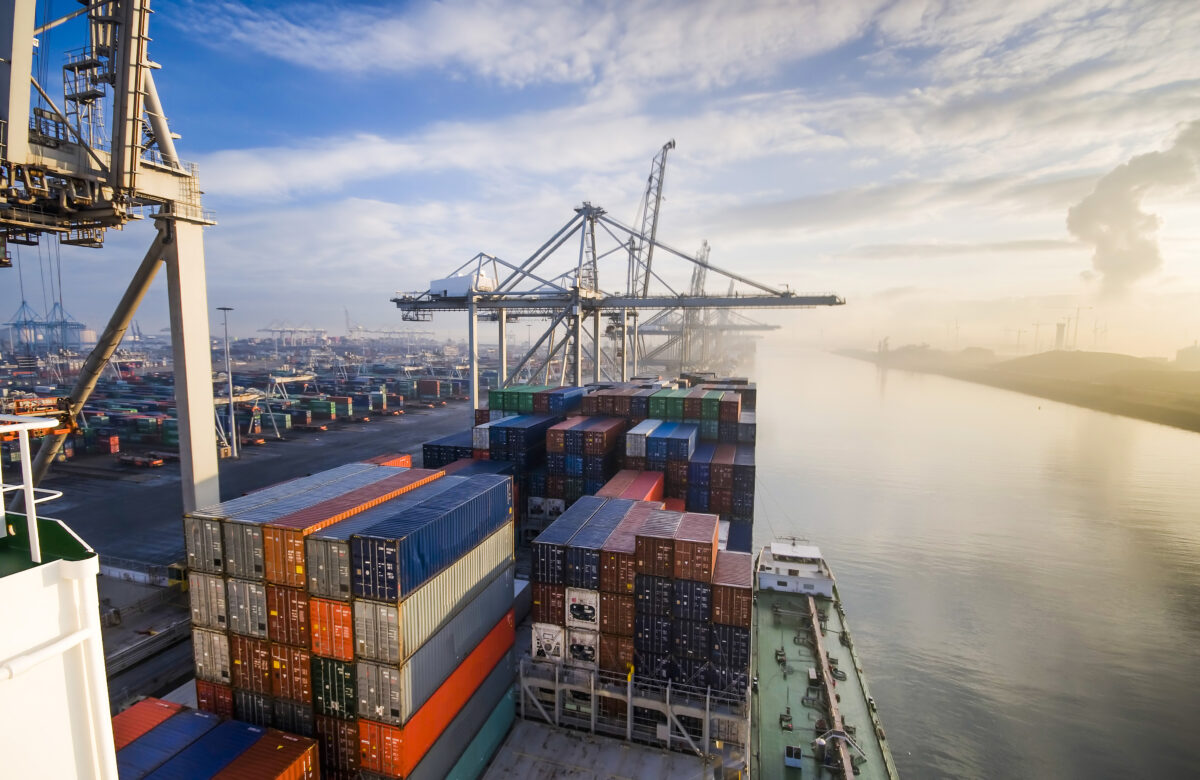On 14 May 2020, the European Commission announced the initiation of an anti-dumping proceeding concerning certain hot rolled flat products of iron and stainless steel from Turkey.
The background to the measure is, inter alia, trade distortions in the supply of raw materials of coal and iron ore in Turkey. Already in April 2020, the European Commission imposed anti-dumping duties on imports of hot-rolled stainless steel products from China, Taiwan and Indonesia.
Companies could face the threat of high anti-dumping duties in the near future if a customs investigation reveals that they are circumventing previously imposed anti-dumping duties.
However, under certain conditions, an early response to the European Commission can, under certain conditions, lead to an exemption from customs registration and thus avoid the risk of duty back payments.
Our attorneys for anti-dumping law can help you avoid anti-dumping duties in advance if they are to be paid retrospectively or if criminal proceedings are threatened due to circumvention arrangements.
Anti-dumping on hot-rolled iron and stainless steel products from Turkey
The scope of the anti-dumping investigation covers products from Turkey which meet the following criteria:
The product concerned is hot rolled flat products of iron or non-alloy or alloy steel. The product concerned is also sold in coils or cut to size and in the form of narrow strips. Only products which are not clad, plated or coated are affected by the measure.
The product is currently classified under the following tariff codes:
- 7208 10 00, 7208 25 00, 7208 26 00, 7208 27 00, 7208 36 00, 7208 37 00, 7208 38 00, 7208 39 00, 7208 40 00, 7208 52 10, 7208 52 99, 7208 53 10, 7208 53 90 and 7208 54 00
- 7211 13 00, 7211 14 00 and 7211 19 00
- 7225 19 10 (TARIC-Code 7225 19 10 90), 7225 30 90, 7225 40 60 (TARIC-Code 7225 40 60 90) and 7225 40 90
- 7226 19 10 (TARIC-Code 7226 19 10 90), 7226 91 91 and 7226 91 99
The following products are not affected:
- Stainless steel and grain oriented silicon electrical steel products
- Products from tool steel and high-speed steel
- Products, not in rolls, without surface patterns, of a thickness exceeding 10 mm and a width of 600 mm or more
- Products, not in rolls, without surface patterns, of a thickness of 4,75 mm or more but not exceeding 10 mm and a width of 2 050 mm or more
Why is an anti-dumping proceeding being initiated?
The background to the measure is a complaint lodged by Eurofer on behalf of certain European producers representing more than 25% of the Union’s production of hot-rolled flat products of iron, non-alloy steel or other alloy steel.
The evidence submitted to the European Commission showed that imports of hot-rolled stainless steel and iron products from Turkey had a negative impact on the prices of the European industry. This has had a negative impact on the overall performance, the financial situation and the employment situation, according to the Commission.
The European Commission also considered that there were distortions of trade in Turkey in the raw materials coal and iron ore used in the production of the product concerned. According to Eurofer, coal and iron ore each account for more than 17% of production costs.
This is because the domestic coal industry has an obligation to serve the domestic market. Therefore, coal is not traded outside Turkey. Moreover, the exploration and extraction of iron ore in Turkey is subject to company rights.
Companies sourcing and trading in hot-rolled iron or stainless steel from Turkey should now examine whether their imports could be affected by the anti-dumping proceeding in order to avoid early registration and other imminent anti-dumping measures by the Commission.
We can check if you are affected by the anti-dumping proceeding on hot rolled iron and stainless steel products from Turkey, and advise on how to further proceed.
Dieser Artikel wurde am 25. September 2020 erstellt. Die fachliche Zweitprüfung hat Rechtsanwalt Dr. Tristan Wegner durchgeführt.

